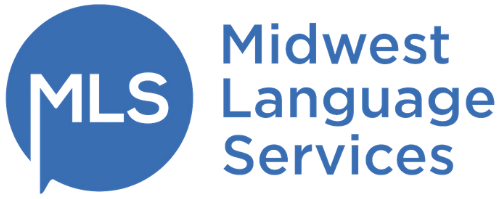
Blog
Our blog explores professional interpreting, translation, transcription, and cultural communication strategies that help businesses, organizations, and communities succeed. Discover expert insights, practical guidance, and resources to navigate today’s multilingual world with confidence.
Interviews with a Translator and an Interpreter
A woman is interviewing an interpreter woman with long hair wearing a white and blue business suit in an office.


